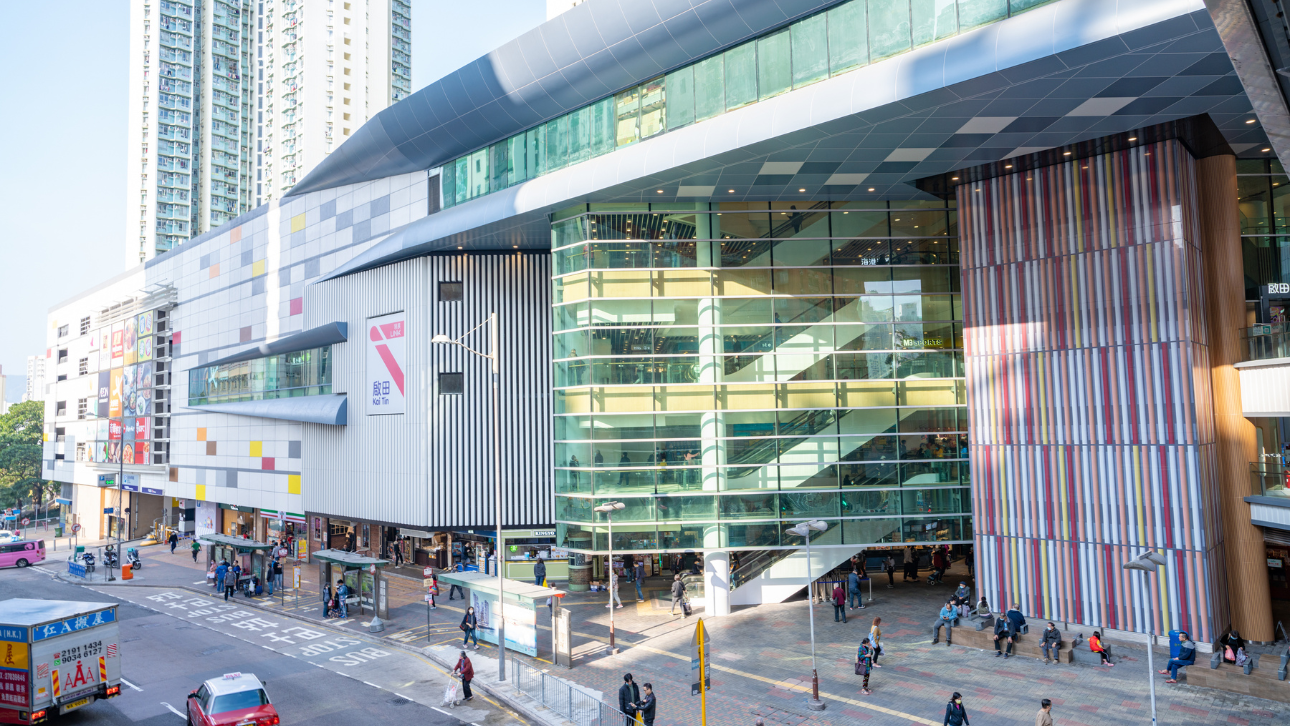- English
- 中文 (Chinese)
- Français (French)
- Deutsch (German)
- 日本語 (Japanese)
- Español (Spanish)
ULI Net Zero Imperative Hong Kong

Launched in July 2021, the Net Zero Imperative is a multiyear initiative to accelerate decarbonization in the built environment and is a significant aspect of ULI’s work to advance its net zero mission priority. The program sponsors technical assistance panels in a select number of global cities per year and is designed to help owners, cities, and other relevant constituents reduce carbon emissions associated with buildings, communities, and cities. ULI Hong Kong won the opportunity to be part of Cohort 2.
Buildings account for about 90 percent of Hong Kong’s total electricity consumption, and over 60 percent of carbon emissions are attributable to generating electricity for buildings. Depending on building type, occupants can control up to 80 percent of energy use in a commercial building and scope 3 emissions typically account for over 85 percent of a landlord’s or a property management company’s entire carbon footprint. Community-focused shopping centers are an important part of local citizens’ everyday life. Located at the heart of residential areas, these shopping centers are the place to go not only for daily necessities but also to build community. Landlords and property management companies have a relatively good understanding of their own energy use and operational emissions. However, an understanding of energy use and emissions from their tenants is still emerging.
This Technical Assistance Panel (TAP) aims to to put together a practical guide on how to engage tenants at community focused shopping centers in order to accelerate decarbonization – drawing on existing strengths and address areas of growth that will aid in major reduction in carbon emissions for owners and their tenants. This TAP is a partnership between ULI and Link Asset Management Limited (Link) who offered Kai Tin Shopping Centre as a site tour location and case study which helped the panelists understand what a community-focused shopping center in Hong Kong looks like.
レポートの概要:Launched in July 2021, the Net Zero Imperative is a multiyear initiative to accelerate decarbonization in the built environment and is a significant aspect of ULI’s work to advance its net zero mission priority. The program sponsors technical assistance panels in a select number of global cities per year and is designed to help owners, cities, and other relevant constituents reduce carbon emissions associated with buildings, communities, and cities. ULI Hong Kong won the opportunity to be part of Cohort 2.
Buildings account for about 90 percent of Hong Kong’s total electricity consumption, and over 60 percent of carbon emissions are attributable to generating electricity for buildings. Depending on building type, occupants can control up to 80 percent of energy use in a commercial building and scope 3 emissions typically account for over 85 percent of a landlord’s or a property management company’s entire carbon footprint. Community-focused shopping centers are an important part of local citizens’ everyday life. Located at the heart of residential areas, these shopping centers are the place to go not only for daily necessities but also to build community. Landlords and property management companies have a relatively good understanding of their own energy use and operational emissions. However, an understanding of energy use and emissions from their tenants is still emerging.
This Technical Assistance Panel (TAP) aims to to put together a practical guide on how to engage tenants at community focused shopping centers in order to accelerate decarbonization – drawing on existing strengths and address areas of growth that will aid in major reduction in carbon emissions for owners and their tenants. This TAP is a partnership between ULI and Link Asset Management Limited (Link) who offered Kai Tin Shopping Centre as a site tour location and case study which helped the panelists understand what a community-focused shopping center in Hong Kong looks like.


